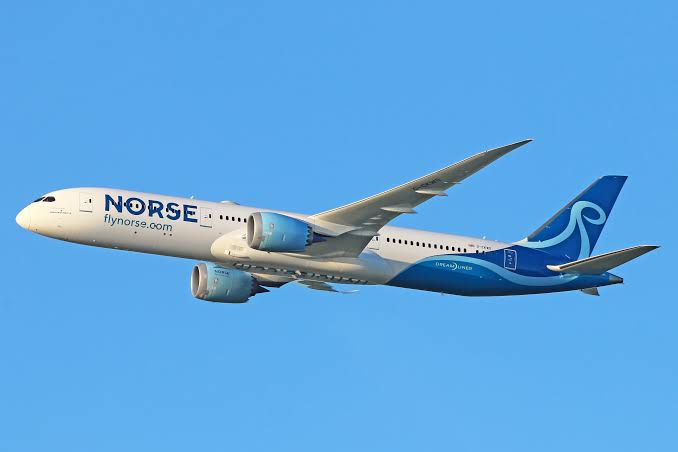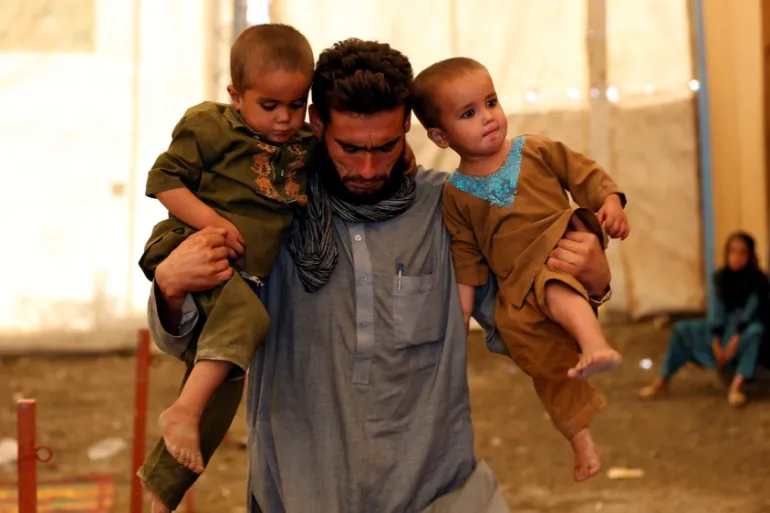By: Zukhruf Altaf
The world is experiencing a significant transformation, with emerging powers rising, nationalism resurging, and international relations evolving. Amidst this dynamic landscape, Austria’s public diplomacy efforts must adapt to maintain its influence and relevance on the global stage. Austria’s public diplomacy has traditionally been rooted in its commitment to neutrality, cultural exchange, and international cooperation. However, the changing global dynamics demand a more nuanced and proactive approach. Austria must recognize the shifting power dynamics and adjust its public diplomacy strategy to address the challenges and opportunities that come with them.
One key area for Austria to focus on is building relationships with emerging powers. As the global balance of power shifts, Austria must engage with countries like China, India, and Brazil to foster greater understanding and cooperation. This requires a more targeted and strategic approach to public diplomacy, one that leverages Austria’s unique strengths and assets to build bridges with these emerging powers. Austria’s cultural diplomacy efforts are a valuable tool in this regard. By promoting Austrian culture, values, and interests through cultural exchange programs, festivals, and exhibitions, Austria can build people-to-people connections and foster greater understanding between nations. For instance, the Austrian Cultural Forum has done an excellent job of promoting Austrian culture globally, and such initiatives should be continued and expanded. Moreover, Austria’s rich cultural heritage and historical experience can bridge Europe and the world, promoting cross-cultural understanding and cooperation. Austria’s experience in navigating complex international relations, particularly during the Cold War era, can provide valuable insights and lessons for emerging powers.
Another critical aspect is Austria’s role in European affairs. As the European Union navigates its internal challenges and external pressures, Austria must work to strengthen its relationships with EU member states and reinforce its commitment to European integration. This includes supporting initiatives that promote European cooperation, fostering dialogue and understanding between member states, and contributing to the development of EU foreign policy. Austria has played a crucial role in shaping EU policies and has been a strong advocate for European integration. It must continue to do so, particularly in the face of rising nationalism and protectionism. By promoting European values and interests, Austria can help maintain the EU’s position as a global leader and promote peace, stability, and prosperity in the region.
Furthermore, Austria must also address the rise of nationalism and protectionism. As some countries turn inward, Austria must continue to champion the values of openness, tolerance, and international cooperation. This requires a robust public diplomacy effort that promotes Austrian values and interests while also engaging in constructive dialogue with countries that hold differing views. In addition, Austria’s public diplomacy efforts must also leverage technology and social media to reach a wider audience and engage with citizens directly. The Austrian Foreign Ministry’s social media presence has been praised for its innovative approach to public diplomacy, and such efforts should be continued and expanded.
In conclusion, Austria’s public diplomacy must evolve to meet the challenges of a dynamic global environment. By building relationships with emerging powers, strengthening its role in European affairs, promoting cultural diplomacy, and leveraging technology and social media, Austria can maintain its influence and relevance on the international stage. It is only by adapting to these changing circumstances that Austria can continue to promote its values and interests in an increasingly complex and interconnected world.
The writer is a student of Defence and Diplomatic Studies.













